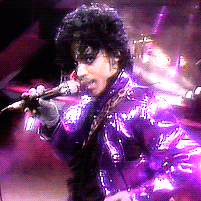Jim Naismith wrote:acrossthecourt wrote:Jim Naismith wrote:
Doesn't per-100 and per-36 assume that basketball performance is perfectly linear with respect to pace and time?
In other words, the (shaky) assumption is that those playing fewer minutes at slower pace suffer no performance degradation when their pace and minutes increase.
(cf. Manu Ginóbili)
No, you're operating on the shaky assumption that performance declines with more playing time, which is unsubstantiated.
http://basketballprospectus.com/article ... icleid=501
What this article established is that the inflection point (point of diminishing returns) for performance with respect to playing time is greater than ~30 minutes (for Millsap).
But the inflection point might be around the 40-minute mark.
Here's the original article with several examples:
http://web.archive.org/web/200712230003 ... _doctrine/
Shooting percentage: On average, effective field goal percentage and True Shooting percentage both increased by .003. Eight players saw their shooting percentages improve with the extra minutes; nine saw declines.
Points per 40 minutes: +1.82 on average; 15 improved, 2 declined.
Rebounds per 40 minutes: -0.01 on average; 11 improved, 6 declined.
Assists per 40 minutes: +0.48 on average; 10 improved, 7 declined.
Steals + Blocks per 40 minutes: -0.11 on average; 4 improved, 13 declined.
Turnovers per 40 minutes: -0.10 on average; 9 improved, 8 declined. (Of course, improved means lower turnovers here.)
Fouls per 40 minutes: -0.92 on average; 13 improved, 4 declined.
And finally... PER: +2.38 on average, 15 improved, 2 declined.
Important note on the selection method:
To satisfy Silverbird's previously requested natural experiment, Kevin Pelton and I (but mostly Kevin Pelton -- he watches way too much basketball) compiled a list of players who got stretches of starter-level playing time due to injuries to starting teammates.
So this isn't a set of guys who got more playing time because they got better.























